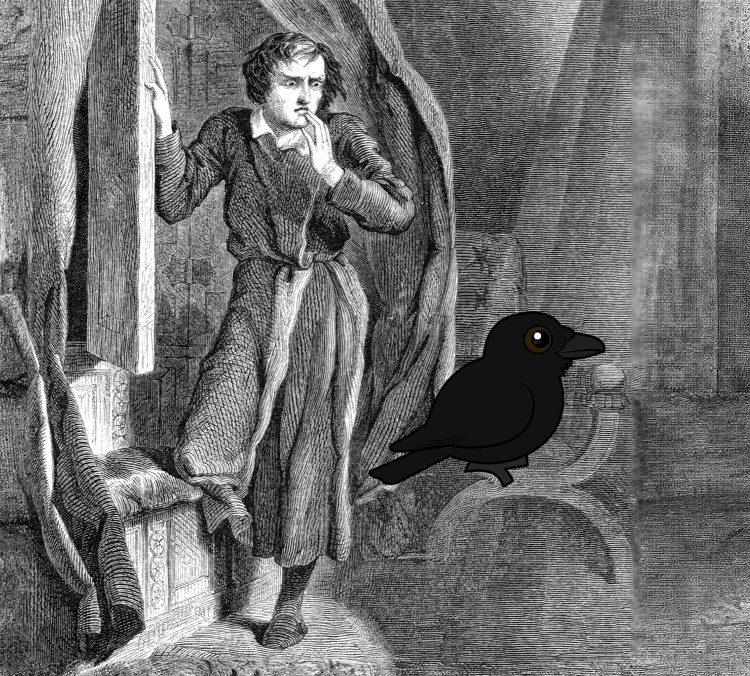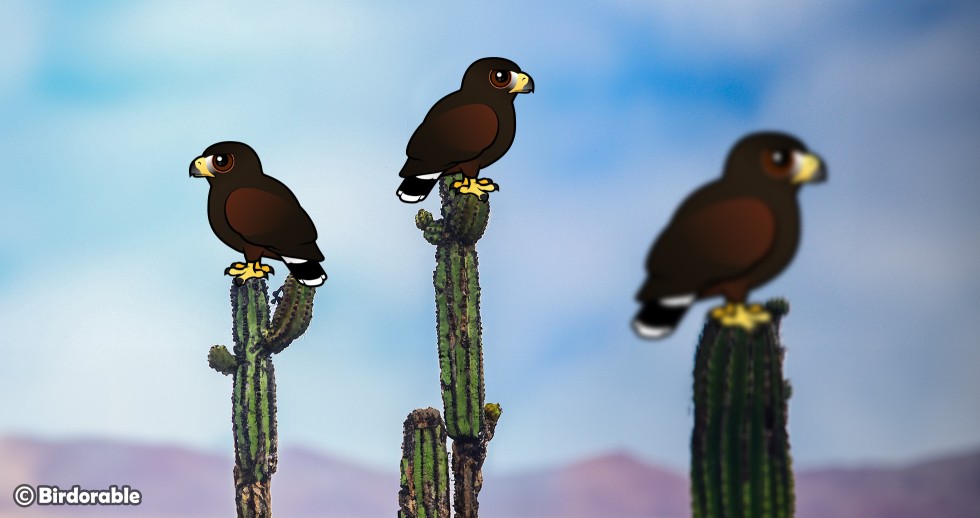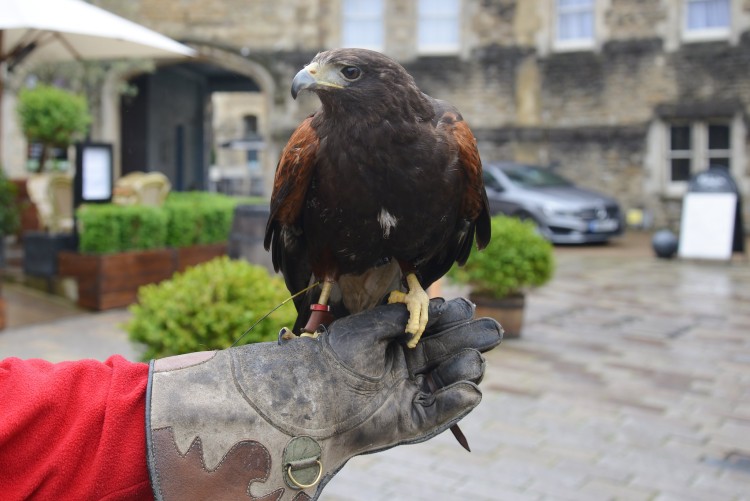Their remarkable nature extends into the world of falconry, where the Harris Hawk is highly valued for its easy-going temperament. Their willingness to work alongside humans makes them excellent partners in the sport, a practice that dates back thousands of years but remains vibrant today. In Europe, these hawks play a vital role in urban and agricultural settings, employed to deter pigeons and starlings from public spaces. This method of bird control is not only effective but also environmentally friendly, reducing the need for harmful deterrents.
Furthermore, Harris Hawks have become crucial in maintaining safety at airports. Their presence is instrumental in scaring away birds from runways, significantly reducing the risk of bird strikes with airplanes. This application of their natural hunting skills in modern human environments underscores the adaptability and intelligence of these birds, making them invaluable allies in mitigating wildlife-related challenges.
The conservation status of Harris Hawks, like many raptors, is closely monitored due to their importance in the ecosystem and their appeal in falconry and wildlife management. Protecting their habitats and ensuring sustainable practices in falconry are essential to preserving these magnificent birds for future generations to admire and learn from.
In summary, the Harris Hawk is not just another bird of prey. Its unique social behaviors, adaptability to diverse environments, and the crucial role it plays in human activities make it a standout species in the avian world. Whether soaring in the skies of the American Southwest or aiding in falconry and wildlife management across the globe, the Harris Hawk continues to captivate and contribute.


























